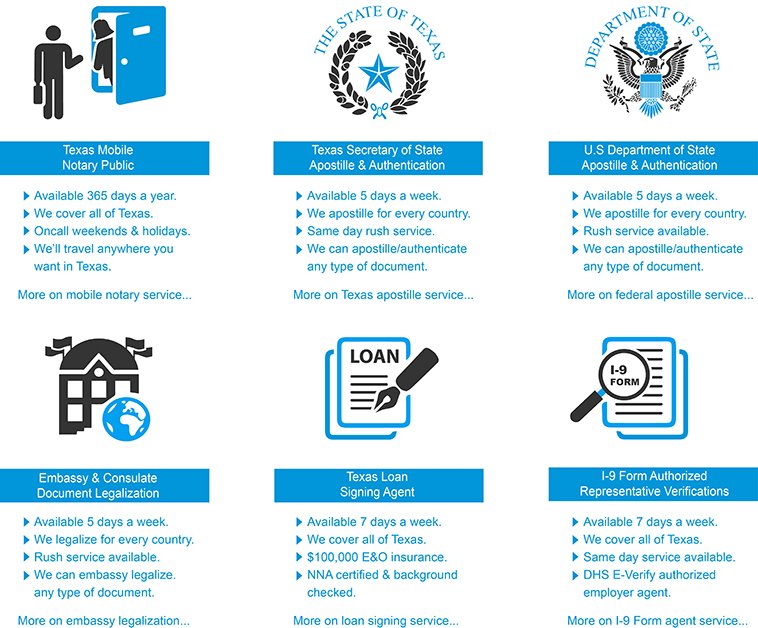Apostille Refine Explained: Improving International File Confirmation
Apostille Refine Explained: Improving International File Confirmation
Blog Article
Debunking Notarial Work: Streamlining the Duty and Significance of Notaries
In the elaborate internet of lawful documents and confirmation, notaries stand as pillars of assurance and authenticity. Their duty, usually shrouded in enigma for lots of, lugs substantial weight in making certain the validity and stability of essential papers. As guardians of legitimacy and truth, notaries play a critical part in our culture, yet their job is not constantly fully comprehended. By deciphering the complexities surrounding notarial practices and dropping light on the relevance of their acts, a clearer understanding emerges of the essential duty notaries play in promoting the fabric of contractual and legal contracts.
The Background of Notarial Work
The history of notarial work days back to old worlds, where scribes played a vital function in recording essential details and validating documents. This led to the advancement of notaries, people appointed by the state to act as neutral witnesses in legal matters.
During the Middle Ages, notaries got importance in Europe, with their features broadening to include drafting lawful files, certifying signatures, and protecting records. The surge of international trade even more highlighted the relevance of notarial work in confirming contracts and arrangements across borders.
In the modern period, notaries remain to play a crucial function in lawful and company purchases by confirming identifications, verifying the authenticity of documents, and avoiding scams. Their duty in accrediting the legitimacy of arrangements adds a layer of security and depend the ever-evolving landscape of business and legislation.

Obligations and Obligations of Notaries
Notaries play an important duty in confirming the credibility of records and the identity of signatures. One of their primary duties is to witness the signing of essential documents, such as wills, deeds, and contracts, to make certain that all events are entering right into agreements knowingly and voluntarily.
Moreover, notaries are entrusted with administering affirmations and oaths, which are important in legal proceedings and the execution of testimonies. They certify duplicates of initial files, providing guarantee to institutions that the copies are real reproductions of the originals. Notaries must keep exact documents of all deals they supervise to guarantee openness and responsibility. Generally, the duties and responsibilities of notaries are necessary in protecting the honesty and legality of different records and deals.
Notarial Certificates and Signatures
Exhibiting precise attention to information, notarial certifications and signatures work as important components in verifying the authenticity of legal documents. Notarial certificates typically contain vital info such as the day of notarization, the names of the signatures, a summary of the record, and the notary's main seal. These certifications supply a clear record of the notarial act, ensuring that the record can be conveniently determined and traced back to the notary who managed the process.
Signatures play a critical duty in notarial work, as they signify the agreement and authorization of the parties involved. Notaries carefully witness the finalizing of files to verify the identity of the signatories and validate that they are authorizing of their very own free will. By attaching their main seal and trademark to the paper, notaries certify that the needed procedures have been followed and that the record is legitimate and enforceable.
Fundamentally, notarial certifications and trademarks are the characteristic of credibility in lawful deals, providing guarantee to all events involved that the documents are legit and binding.
Significance of Notarial Acts

Notarization Process Described
The notarization procedure typically starts with the individual offering the paper to a notary public. When the identification is validated, the notary makes sure that the private signing the record does so voluntarily and without any kind of browbeating.

Final Thought

Notarial certifications generally contain important information such as the day of registration, the names of the notaries, a summary of the record, and the notary's official seal. These certificates offer a clear record of the notarial act, guaranteeing that the document can be conveniently determined and mapped back to the notary who oversaw the process.
By affixing their main seal and trademark to the file, notaries accredit that the needed procedures have been followed and that the file is legitimate and enforceable.
By verifying the identity of the signatures, confirming their willingness to get in right into the agreement, and certifying the day and location of the finalizing, notaries More hints play an important role in maintaining the credibility of lawful files.After the document is authorized, the notary will fasten their official seal or stamp onto the paper.
Report this page